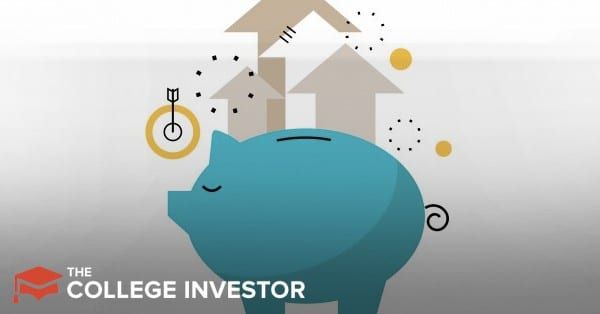- Joined
- Apr 25, 2006
- Messages
- 574
- Reaction score
- 58
As the title says, after 11 years of participation, I've just had my $470k principle + interest student loans discharged through Public Service Loan Forgiveness.
Some details of my situation:
-Had about $220k principle and interest at medical school graduation in 2010. All federal loans.
-Consolidated my loans late summer of intern year, and applied for the Income Based Repayment plan (there are better options now which cap payment at a lower amount.)
-Started paying IBR payments during fall of intern year at a State U residency program, payments I think were around $150/mo to start, and around $300/mo by the end of residency with income increases. Not even close to covering the monthly interest that was accruing.
-Missed deadline for IBR recertification once during residency, and was penalized with immediate capitalization of subsidized interest, tens of thousands of dollars.
-Finished residency 2014 and joined my University as full time faculty, payments went up to ~$1500/mo. Standard 10 year payment would have been $3000/mo at this point. Stayed on at the university for 4 years.
-Left faculty position for an employed position at a 501c3 hospital, working 0.8FTE or 32 hrs per week, which the institution considered full time.
-Applied for loan discharge from my current job on the day after my 120th payment on April 8th, and got my official discharge letter today.
Over the years, I'd heard a lot of people tell me they weren't doing the program bc they heard it doesn't work, that it would be taken away, it was a pipe dream, etc. Well, proof is in the pudding.
I feel like I am an expert at this point in this program from a physician perspective, and am willing to answer questions you've got.
Some details of my situation:
-Had about $220k principle and interest at medical school graduation in 2010. All federal loans.
-Consolidated my loans late summer of intern year, and applied for the Income Based Repayment plan (there are better options now which cap payment at a lower amount.)
-Started paying IBR payments during fall of intern year at a State U residency program, payments I think were around $150/mo to start, and around $300/mo by the end of residency with income increases. Not even close to covering the monthly interest that was accruing.
-Missed deadline for IBR recertification once during residency, and was penalized with immediate capitalization of subsidized interest, tens of thousands of dollars.
-Finished residency 2014 and joined my University as full time faculty, payments went up to ~$1500/mo. Standard 10 year payment would have been $3000/mo at this point. Stayed on at the university for 4 years.
-Left faculty position for an employed position at a 501c3 hospital, working 0.8FTE or 32 hrs per week, which the institution considered full time.
-Applied for loan discharge from my current job on the day after my 120th payment on April 8th, and got my official discharge letter today.
Over the years, I'd heard a lot of people tell me they weren't doing the program bc they heard it doesn't work, that it would be taken away, it was a pipe dream, etc. Well, proof is in the pudding.
I feel like I am an expert at this point in this program from a physician perspective, and am willing to answer questions you've got.

